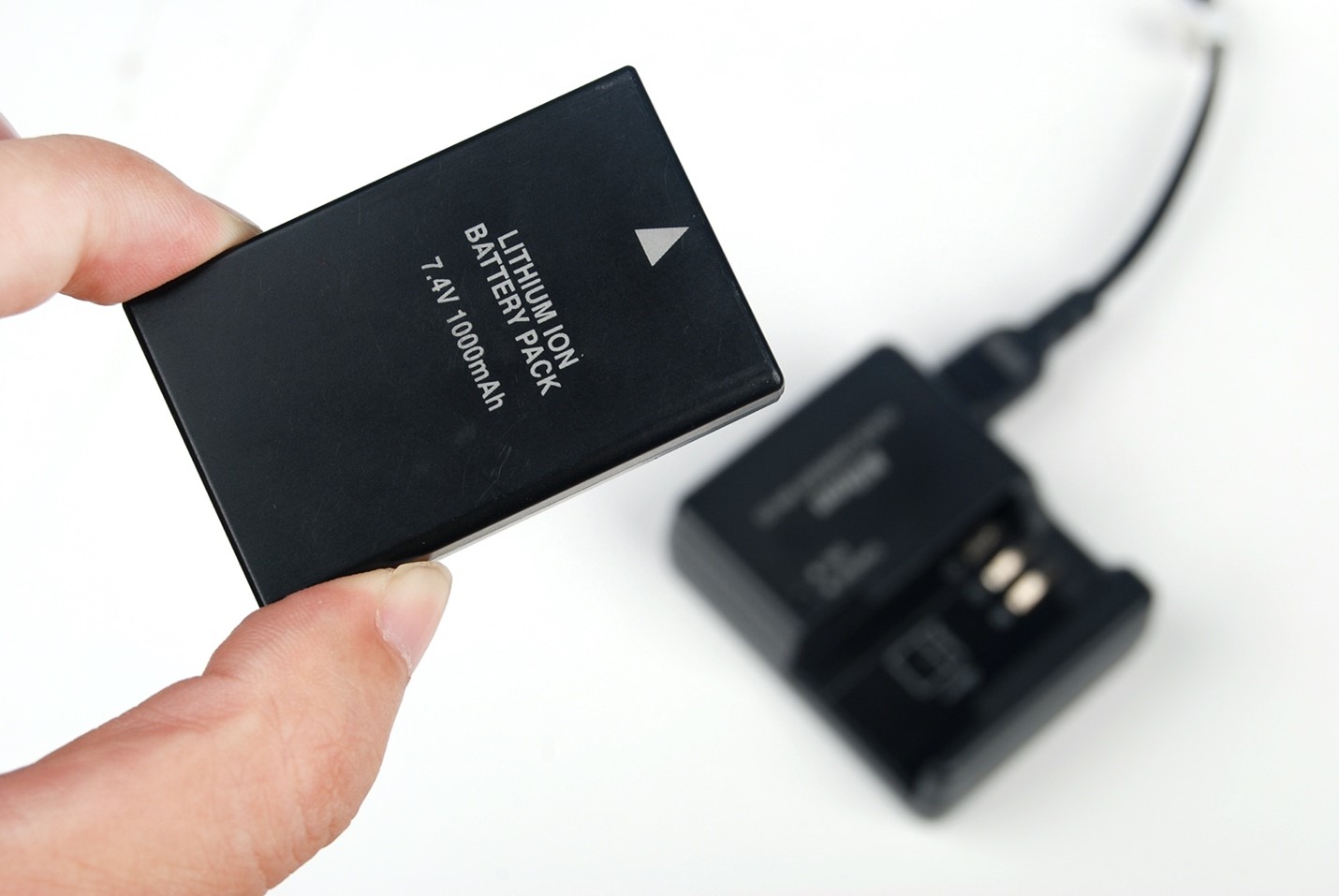Why are Lithium Battery Incidents on Airplanes on the Rise?

The increasing popularity of lithium-ion batteries has revolutionized our portable electronics, from smartphones to laptops and even electric vehicles. However, as the demand for these energy-dense batteries soars, so do the potential safety hazards, especially when it comes to air travel. Over the past few years, incidents involving lithium-ion batteries on airplanes have risen, raising concerns about passengers, crew, and aircraft safety.
Understanding the Lithium Battery Hazard
Lithium-ion batteries are known for their high energy density, making them the ideal choice for powering different electronic devices. While these batteries are generally safe when handled correctly, they can pose significant risks when mishandled, especially in the confined space of an aeroplane. The two primary types of lithium-ion batteries that pose risks are:
- Lithium-ion polymer batteries
- Lithium cobalt oxide batteries
Incidents involving these batteries typically result from short circuits, thermal runaway, or physical damage. These incidents can quickly escalate, leading to fires, smoke, or even explosions on board, endangering everyone on the flight.
Common Causes of Lithium Battery Incidents
- Mishandling and Overheating: Mishandling devices with lithium batteries, such as dropping or crushing them, can cause physical damage, resulting in thermal runaway. Exposing the batteries to extreme temperatures, like leaving a device in direct sunlight, can lead to overheating.
- Counterfeit and Poor-Quality Batteries: Counterfeit or low-quality batteries often lack the necessary safety mechanisms in genuine products, increasing the risk of failure.
- Manufacturing Defects: Faulty manufacturing processes can lead to defects in the batteries, making them prone to malfunction or thermal runaway.
- Overcharging and Over-discharging: Charging a battery beyond its capacity or discharging it too much can lead to a dangerous increase in temperature, potentially causing an incident.
Airline Concerns and Response
Airlines, aviation authorities, and regulatory bodies worldwide are taking the increasing incidents of lithium battery-related problems seriously. They are implementing various measures to mitigate the risks:
- Passenger Education: Airlines are proactively educating passengers on using and storing electronic devices with lithium batteries, which includes guidance on not overcharging devices and the potential dangers of carrying spare lithium batteries in checked baggage.
- Cabin Safety Protocols: Cabin crew members are trained to handle lithium battery-related incidents effectively. They are equipped with fire-resistant containment bags that contain a device if it catches fire.
- Cargo Restrictions: Some airlines have implemented restrictions on transporting lithium-ion batteries in cargo holds to reduce the risk of thermal runaway incidents.
- Enhanced Screening: Airports have improved screening processes to detect counterfeit or substandard batteries, preventing them from being carried onboard.
- Battery Transport Guidelines: Aviation authorities like the Federal Aviation Administration (FAA) have issued guidelines on the safe transportation of spare lithium batteries, including the requirement to carry them in carry-on baggage.
Conclusion
The growing number of lithium battery incidents on aeroplanes is a serious concern. While lithium-ion batteries have become an integral part of modern life, their potential risks during air travel cannot be ignored. Passengers and airline crew need to be aware of the dangers and take precautions to ensure the safe use and storage of devices containing these batteries.
At the same time, airlines and aviation authorities must continue to enforce safety protocols and regulations to minimize the risks associated with lithium-ion batteries on aeroplanes. Addressing this issue requires a collaborative effort from all stakeholders to maintain the safety and security of air travel in an increasingly connected world.
